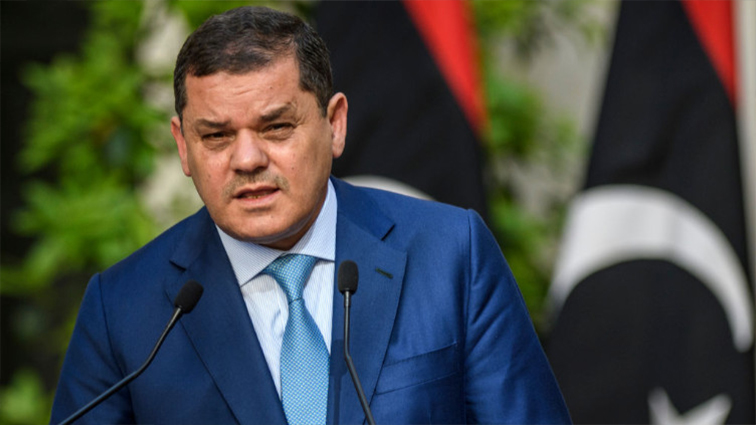The Prime Minister of the Interim Government of National Unity in Libya, Abdul Hamid Dabaiba, rejected the decision to impose a tax on the exchange rate, warning of its possible negative effects on the Libyan citizen.
The announcement was made during a communal iftar organized by the government, attended by a number of Libyan officials, including the head of the High Council of State, Mohamed Tekala.
The decision comes in response to a decision issued last Thursday by the speaker of the Libyan House of Representatives, Counselor Aguila Saleh, to impose a fee on the official exchange rate of foreign currencies at 27% until the end of this year.
Dabaiba disclosed the government’s hard currency revenues, the amortization of the public debt it received from the previous two governments, and the government’s work to enhance the state’s foreign exchange needs.
Dabaiba stressed that the government does not accept, according to these data, the imposition of a tax on the exchange rate, warning of its negative effects that will be borne by the Libyan citizen.
Egypt and Kuwait emphasize respect for Libya’s sovereignty and rejection of the external interference
